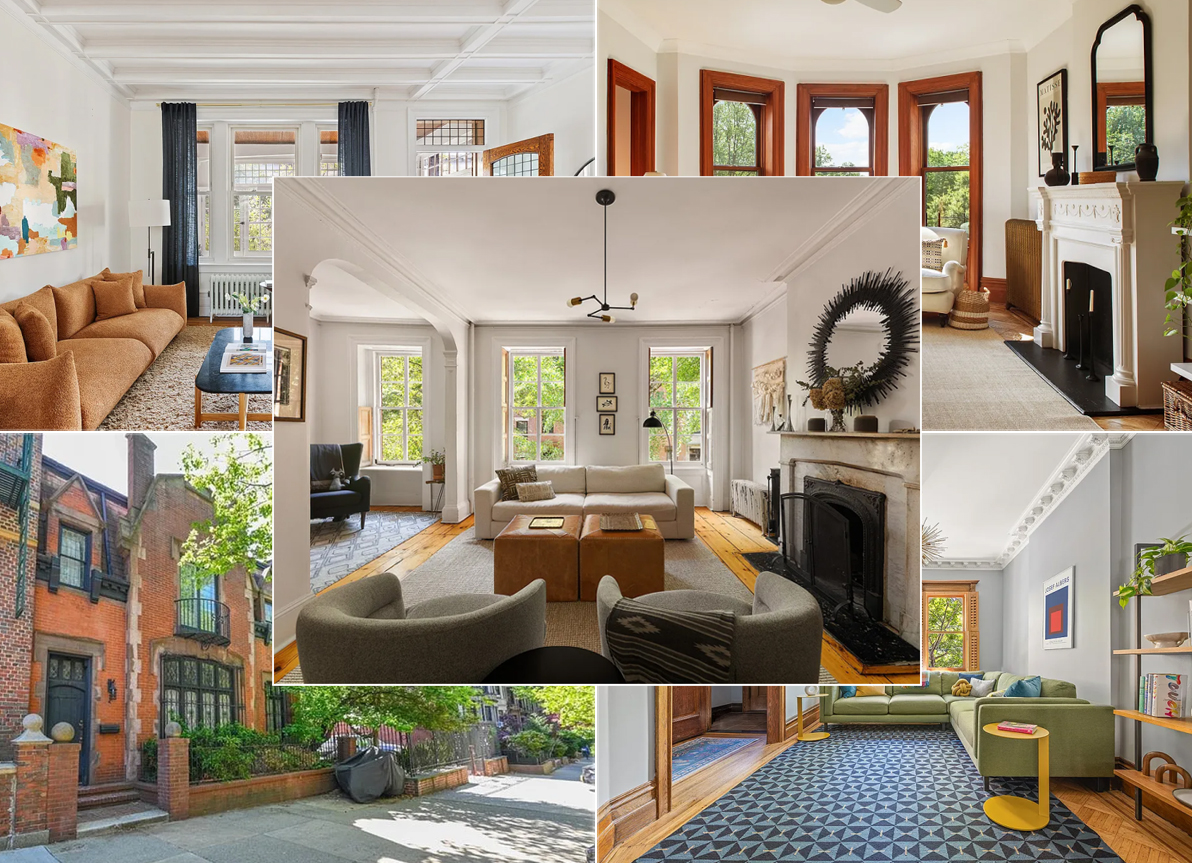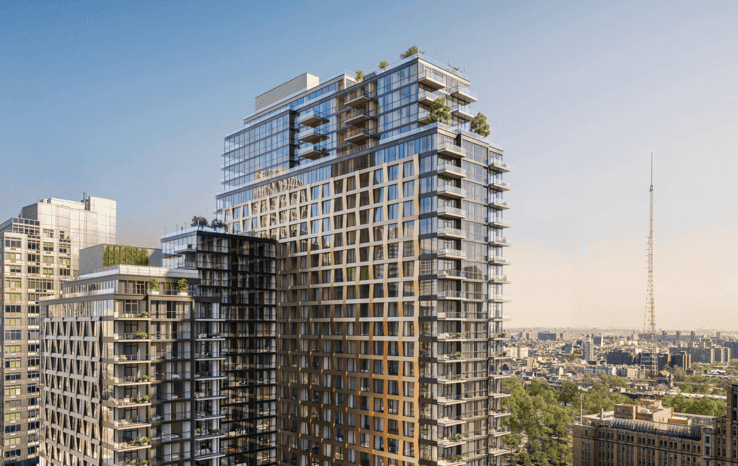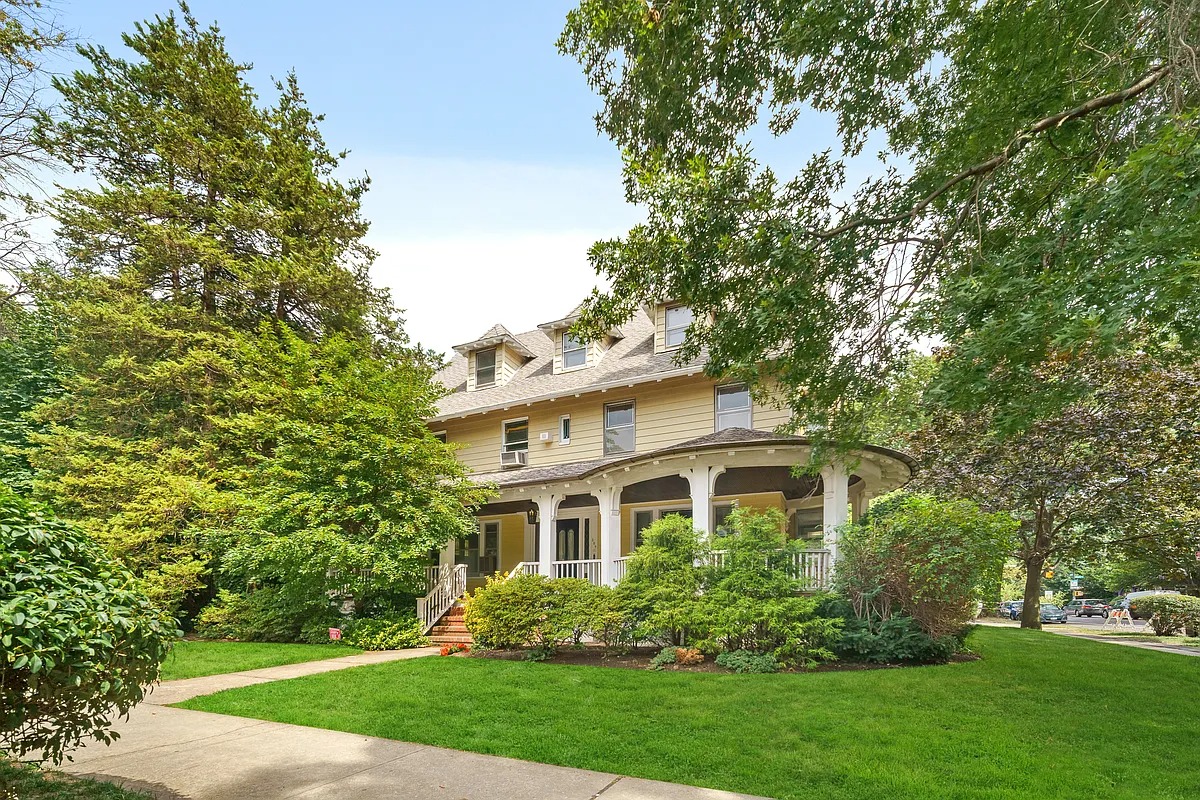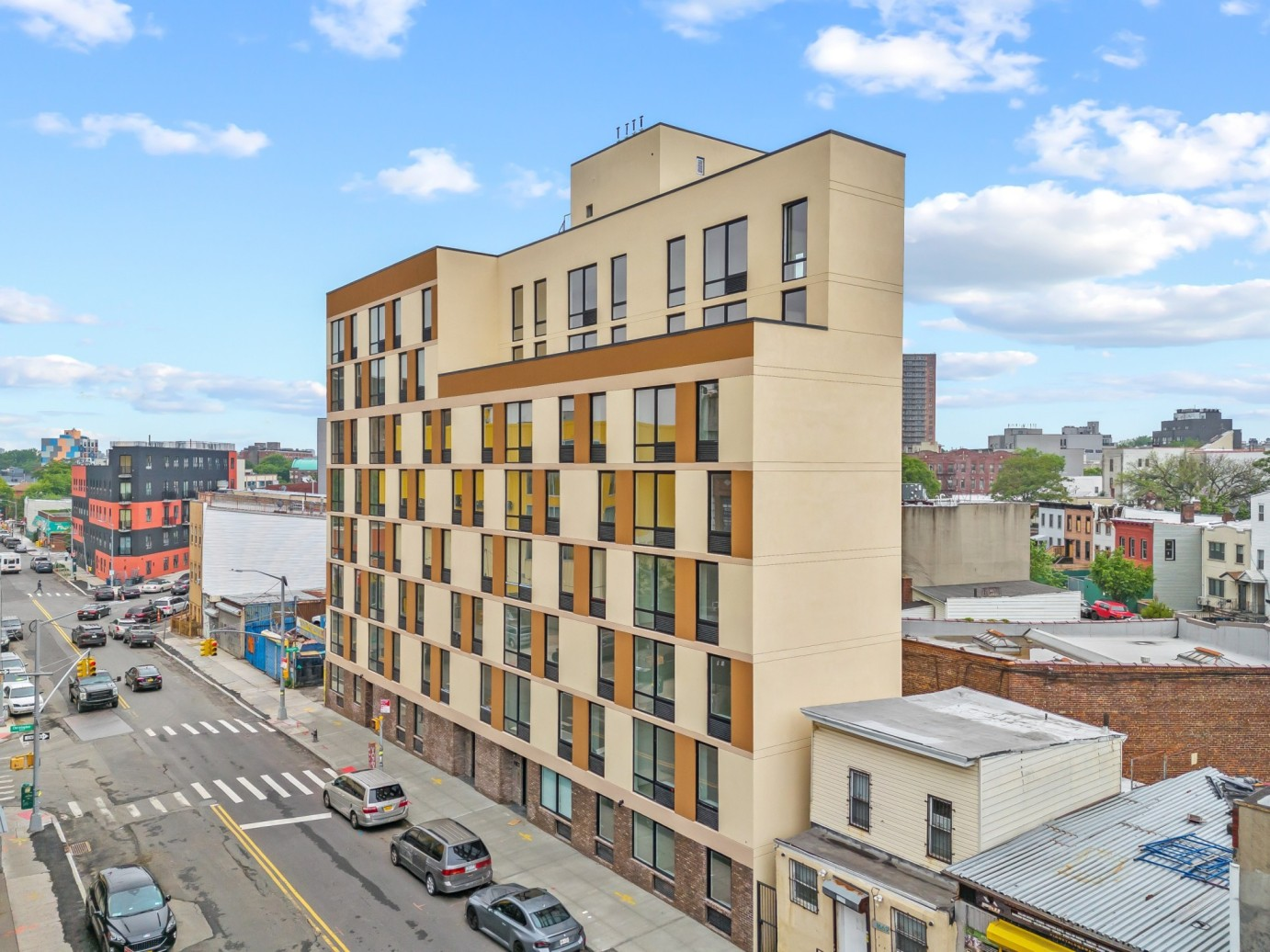HUD Official Speaks the Unspeakable: Selling The Projects
As we’ve mentioned before, rumors about the privatization of certain public housing projects in parts of rapidly gentrifying areas of Brooklyn have been circulating for a couple of years. Most recently, we wrote about the theory that the Ingersoll and Whitman Houses in Fort Greene were being emptied in anticipation of such a move; it’s…


As we’ve mentioned before, rumors about the privatization of certain public housing projects in parts of rapidly gentrifying areas of Brooklyn have been circulating for a couple of years. Most recently, we wrote about the theory that the Ingersoll and Whitman Houses in Fort Greene were being emptied in anticipation of such a move; it’s also not hard to imagine something similar happening at the Farragut Houses, given their close proximity to Dumbo, the most expensive neighborhood in Brooklyn. Given what a politically and emotionally charged issue this is, however, no public official has ever said anything in its favor, as far as we know. But, on Tuesday, Sean Moss, the regional administrator for the federal Housing and Urban Development Department, went out on a serious limb. In light of the New York Housing Authority’s dismal financial position (an annual shortfall of $200 million), he said, selling public housing buildings in the most upscale areas could make sense. “It may displace some people, and that is a concern,” Moss said. “That is not necessarily a bad thing if you can create more housing [elsewhere] with that.” We’ll see whether political pressures force him to backpedal in the coming days.
Feds Eye NY Building Sale at Housing Projects [NY Daily News]
Bye Bye Public Housing, Hello Luxe Condos? [Curbed]
What’s Really Going on at the Ingersoll Houses? [Brownstoner]





I’m not so sure that this can never happen here.
There was a time when other cities, such as Chicago and Newark, had never done such a thing, but eventually decided otherwise.
NYCHA is hopelessly managed and in major debt – some parking lots have already been sold to help address these problems.
Being largely poor, residents of public housing have no political power and would pose no threat to elected officials who vote in favor of privatization.
Many projects are in prime locations (upper West side, Chelsea, Carroll Gardens, Fort Greene, lower East Side, etc.) and would fetch handsome prices.
The question of where people would go gets back to the reality of political power. If thousands of residents got displaced, most NYC residents wouldn’t care all that much, as housing projects are widely considered to be hotbeds of dysfunction and illegal activity.
Working residents of public housing would simply find housing elsewhere, albeit at higher prices. Poor residents would double up with relatives or leave the city altogether.
So I plan to sit back and watch, because, right or wrong, privatization might actually happen one day.
Assisted housing is concentrated in New York, and the federal and state governments are taking away the money that funded the difference between the cost to operate these buildings and the rents residents pay.
At the same time, major building systems are reaching the end of their useful life and must be replaced. Most of these buildings were built from 1948 to 1973.
The options are:
Have the city replace the federal funds, raising taxes and cutting other services. A massive hit.
Sell the buildings and dump the people on the street, but in NYC they have the right to live here, so the cost to re-house them would be enormous.
Raise the rents to the point where they cover costs. They are now limited to 30% of reported income. This would make public housing less desirable.
Give them to the residents and let the residents sell them, provided they agree to relocate. This could dump NYC’s needy on someone else, but it could also cause the city to lose a big chunk of its low- and moderate-wage workforce.
Not many good solutions.
if you are on public assistance and live in public housing you should have your tubes tied
public housing should be a temporary safety net, not an entitlelement for generations.
3 year max stay
and no free parking…wtf is up with that
Brooklynnative is correct. IF, big if there, they sell off the projects, they need to built first. Anything else is irresponsible, and flat out wrong.
Once again, it must be pointed out that most of the people who live in NYCHA housing are the WORKING poor. It is the visible and destructive minority of residents who are hanging out all day, or engaging in criminal behavior. Since subsidized housing is not spread out to all parts of neighborhoods, it has been concentrated into these high rise buildings. I’m sure most of the people who live there would love to live outside of the projects, provided there is decent housing in decent neighborhoods for them to go to.
It’s really easy for someone in their million dollar DUMBO loft, or Ft. Greene townhouse to make pronouncements on what “they” should do, and where “they” should go, but until affordable housing for the working poor becomes a priority for this city, nothing meaningful will ever happen. This means that the people whose voices are heard in this city – by that I mean the upper classes, need to make politicians and city officials aware that building and creating affordable housing is their priority, and their concern, too. Their voices are the only ones that will be heard.
concentration of poverty into these horrible buildings is a bad idea…ugly, filthy, no street traffic, no retail…creates desolate areas prime for drugs, crime and the like. no wonder most of them never get ot of the cycle…or perhaps that was the intent.
anyone who wants to maintain the status quo is doing more harm for poor than they realize.
undo this mistake
Whether or not this happens, it does seem notable that someone spoke publicly about this as a possibility.
Of course, the City would love to have the sale income and, more importantly, the prop taxes from all the new luxury units that could be built in place of housing in Ft. Greene, Boerum Hill, Dumbo, etc. but they also would have to come up with a way to build new housing or find replacement buildings for the displaced. That sounds very expensive to me, not to mention the insane political fighting that would inevitably occur.
I’ll bet that this never, ever happens. It’s a powderkeg-filled tinderbox.
“There are plenty of places to move these people. No one has a right to live in NYC and the burden of caring for the indignant should not fall on the residents of this alone.”
Plenty of these people are working class. They have jobs and take care of their families.
Also, this will help the poor. The ghetto culture will be broken, and these people will grow up in communities that are not exclusively poor. They will have proper role models, and will be less likely to be criminals and unproductive members of society.
More than anything else, poverty is caused by antisocial cultural mindsets. Housing projects create ghettos that only reinforce these antisocial tendencies. So far, it’s been a great success where it’s been tried.
Oh boy! I like to tell you my reply in person. Meet me by Fort Green
Project about 6:00 , Ok?
The What
****Shaking his head in amazement*****
Someday this war is gonna end…
P.S. Nice going Mr.B Dumbass Putting out hot button topics. All this does is bring us further apart.
armchair
You mean rent vouchers like Section 8? – Cause no LL who cares about their tenants or building will ever voluntarily rent to Section 8 tenant